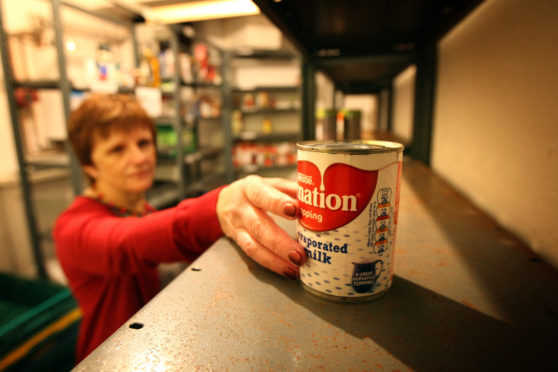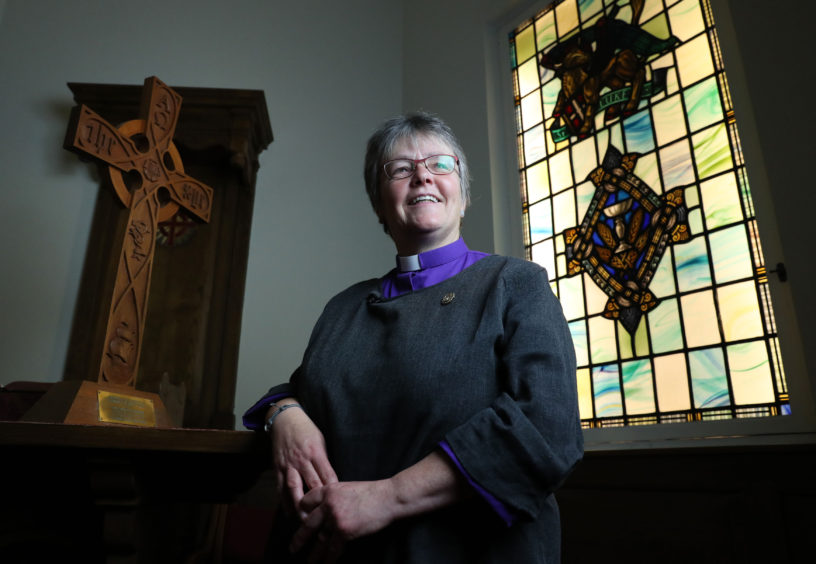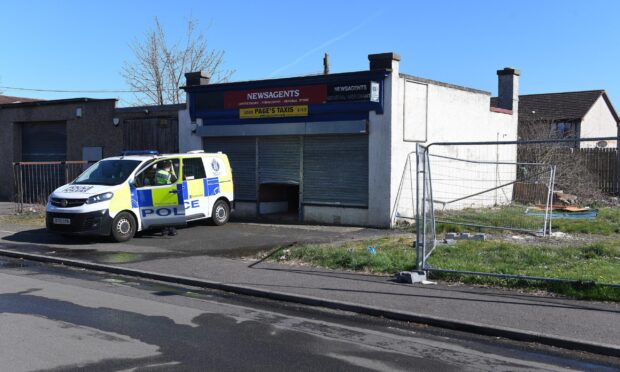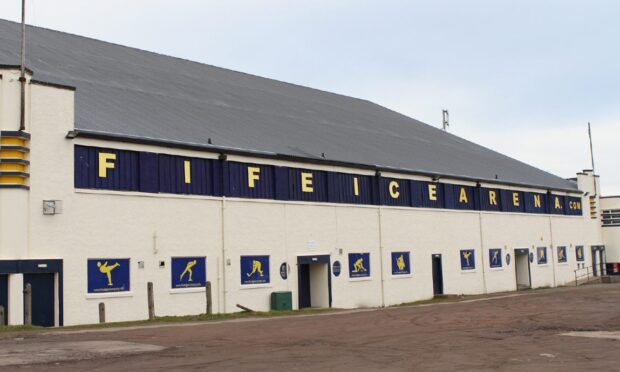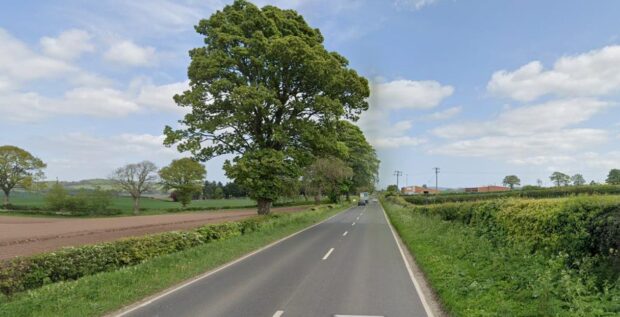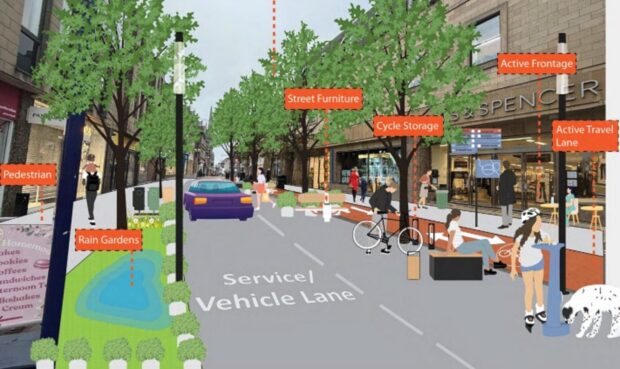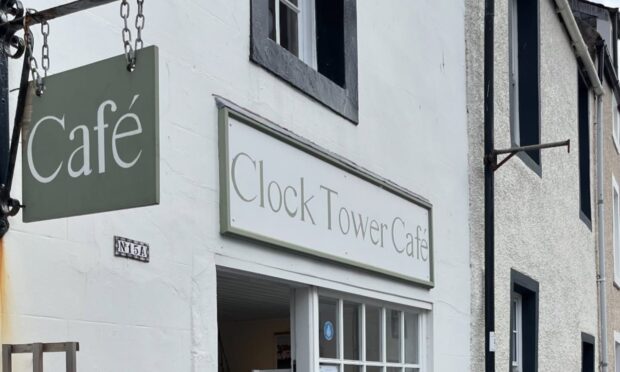More Scots are being forced to apply for crisis grants to help feed their families and heat their homes, it has emerged.
Since the Scottish Welfare Fund was set up in 2013, £173 million has been given to people in need of help to buy essential items, with 306,305 households helped out.
But applications for crisis grants – often seen as a last resort for those in need – have soared in many areas, with Fife among the hardest hit.
The number of crisis grants awarded in the Kingdom has more than doubled in the last five years, rising from 4,045 in 2013/14 to a 10,680 last year.
The 2017/18 figure is also 14% up on the year before, and there are concerns the situation is likely to get worse still, given the substantial number of claimants waiting to be transferred to Universal Credit.
Mid Scotland and Fife Green MSP Mark Ruskell described the introduction of Universal Credit as a “shambles” which has put “considerable strain” on local authorities and thrust many families into hardship.
“Universal Credit is responsible for this massive increase in Fife’s crisis grant expenditure, as people seek assistance in the face of rent arrears, potential homelessness, and a lack of food.
“The Conservatives’ so-called ‘welfare reform’ is nothing other than a vindictive attack on our welfare state, and despite the rhetoric, low wages often mean work is no longer a way out of poverty.
“The Scottish Parliament recently passed its Social Security Bill, which will ensure that the benefits we now have responsibility for will be delivered in a dignified manner.
“Unfortunately, the bulk of social security powers are still reserved to Westminster, and until that changes I fear that many in our communities will continue to be victimised by the UK Government.”
According to the new figures, Fife has seen one of the biggest rises in the number of crisis grant applications dealt with, although there have been falls in Angus, Dundee and Perth and Kinross’ council areas.
Fife has shelled out £897,955 in the past year on crisis grants, with applicants getting an average pay-out of £84 to help make ends meet.
Shirley-Anne Somerville, Scotland’s social security secretary, said she was “dismayed that so many people find themselves in the position of needing to access emergency help”.
Ms Somerville added: “As the UK government persists with the roll out of Universal Credit, forcing more and more families into poverty, we are going to continue to see an increase in people needing such support.”
A UK Government spokeswoman said: “Universal Credit replaces an out-of-date, complex benefits system that discouraged people moving into work.
“We are spending around £90 billion a year on working-age benefits, including for those on low incomes.
“Meanwhile, Scotland has significant welfare powers, including to top-up existing benefits, pay discretionary payments and create entirely new benefits altogether.”
Church moderator reflects on Kirk’s work to tackle food poverty
Rt Rev Susan Brown, Moderator of the General Assembly of the Church of Scotland, is currently visiting Kirkcaldy Presbytery and has reflected on the church’s work in tackling food poverty.
She was invited to visit Kirkcaldy Foodbank, which works towards helping local people and families in crisis by providing emergency food parcels to people in need.
The Foodbank has attracted great interest and real encouragement from a wide cross-section of the community, ranging from churches and faith groups, voluntary and statutory welfare organisations, local businesses, politicians and many concerned individuals.
“There are invitations I receive as Moderator I wish I was not getting,” she said.
“Nothing to do with particular places or even particular people because as those of you who know me will be aware, I am happy to go anywhere and to speak to anyone.
“The invitations I wish I was not getting are requests to visit foodbanks.
“It is not that I don’t want to visit these much needed, social necessities, it is more a case of wishing they were not much needed or necessary.
“I am currently visiting Kirkcaldy Presbytery and there in Dysart St Clair Church, the congregation has generously given over space so that food can be stored before being sorted and distributed to five different outlets within the area.
“The team doing all the hard work of fundraising, food-raising and then bag packing, with the help of others doing Community Payback, are doing an amazing job that calls on a lot of their time and their energy and a great deal of commitment.
“The team in Kirkcaldy and those I have met doing similar things in other parts of Scotland, are to be lauded for their efforts – but that is not why they do it.
“They do it because they know that in this day and age, one slight change in circumstances could mean they too could be in need of such help.
“People who are working but who don’t earn enough to put food on the table for their families, are turning up at foodbanks.
“Pensioners who can’t make their pension stretch to heating and to food are turning up.
“Those who, in the transition to the new benefits system are being left without anything while things are sorted out, are turning up at foodbanks.
“This is happening in 21st century Scotland.
“Congregations are also feeding those around them and creating community cafes offering low cost, hot meals and one congregation in this Presbytery – I suspect there are more however – is working with the local school to feed children during the school holidays and providing space for parents to get the support they need.
“They are also providing party clothes for the Christmas season for youngsters so that they too, like Cinderella, can go to the Ball.
“These congregations are to be commended for their Christ-like response to the needs they see around them.
“To those who volunteer and organise and dare to get involved – an enormous thank you from me and from the many you help with such dignity and love.
“But I still wish with all my heart that your efforts were not needed and I will commit to praying that one day that may be so.
“I hope others too will work and pray for that day.”
